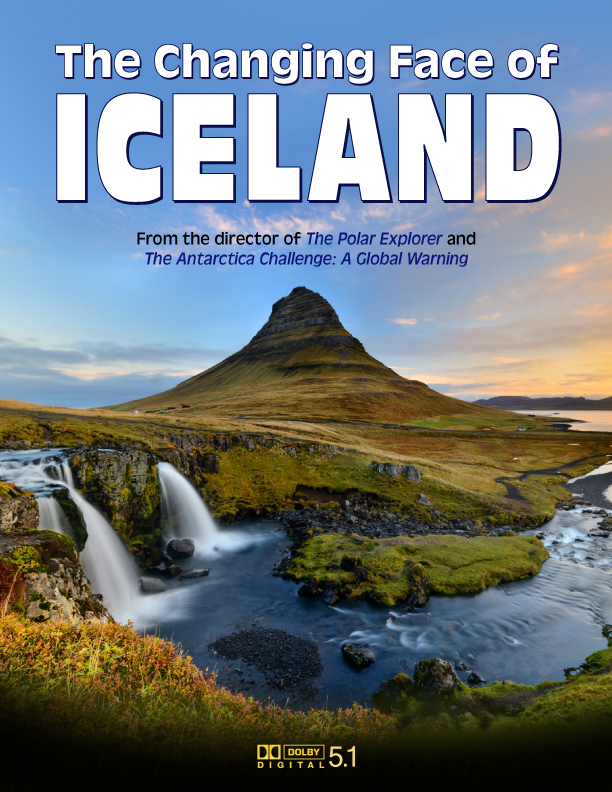On Oct. 6 at 12 p.m. Eastern Time, join renowned filmmaker Mark Terry, a contract faculty member in York University’s Faculty of Environmental and Urban Change (EUC), for a film viewing and panel discussion on The Changing Face of Iceland, his new documentary about the impacts of climate change on the island nation of Iceland.

The documentary examines the toll climate change has taken on Iceland’s glaciers, land, flora, fauna, fish, economy and people. The film also includes exclusive footage of the recent eruptions of Fagradalsfjall, an active volcano only 40 kilometres from Iceland’s capital, Reykjavík.
The virtual event will be moderated by EUC Professor and Associate Dean Philip Kelly, with opening remarks from Hlynur Guðjónsson, the ambassador of the Embassy of Iceland in Ottawa.
Panellists include: filmmaker Terry, producer Melanie Martyn and EUC Professor Kathy Young.
Terry is a documentary filmmaker, a Fellow of the Royal Society of Canada, and an instructor in York’s Faculty of Environmental and Urban Change. This film completes his trilogy of documentaries revealing the impacts of climate change on the Arctic and Antarctic. The two previous films in the series – The Antarctica Challenge: A Global Warning (2009) and The Polar Explorer (2011) – have been aired on CBC in Canada and released in the U.S. by PBS, as well as screened at United Nations climate summits.
Martyn makes her documentary film-producing debut with The Changing Face of Iceland. A devoted environmentalist and long-time colleague of Terry’s, she is excited to have been given this opportunity to contribute to his work with the United Nations.
Young is a physical geographer and hydrologist whose work has focused on wetland and snow hydrology in northern Canadian environments. More recently, she has been exploring the impact of dust and volcanic ash on the hydrology of slopes and wetlands in Iceland.
To register for the event, visit bit.ly/3AVRt7o.
To learn more about Research & Innovation at York: follow us at @YUResearch; watch the animated video which profiles current research strengths and areas of opportunity, such as artificial intelligence and Indigenous futurities; and see the snapshot infographic, a glimpse of the year’s successes.
